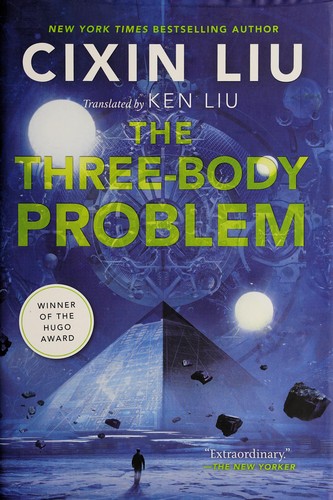The key argument of the ‘smart city’ marketing concept is that urban management will be improved by the maximum centralization of data captured on the territory, to be displayed on an ‘urban dashboard’.
For the sales engineers of the companies offering these solutions, the aim is to promote, to local decision-makers, the effectiveness of a better understanding of the ‘functioning’ of their city, to be achieved by ‘monitoring’ it in real time and with algorithmic means to support decision-making.
The underlying idea is that all the city’s problems are purely technical, and that they can be more effectively solved using the arithmetic of ‘big data’ or ‘artificial intelligence’ than by administrations and inhabitants. In this way, debates, democratic deliberations, collective learning and administrative decision-making procedures are all tacitly evacuated.

















